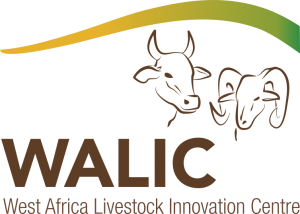
WALIC BUSINESS PLAN
Domestic animals do not contribute to human welfare only through their role in food production and food security. They are a source of income, a generator of employment, a supplier of inputs and services to crop agriculture and (when properly managed) a contributor to environmental conservation and have a host of other, not clearly definable, roles in the social and cultural areas. Increased livestock production keeps product prices down and therefore allows access to them by the poor. Paradoxically, producers should gain from lower prices as livestock products are both price and income elastic. Lower prices therefore increase demand, raise total production and lead to higher farm incomes. Increased production and low prices may help low income consumers to overcome both energy and protein deficiency simultaneously.
In addition to the foregoing increased domestic production reduces imports and saves foreign exchange. This can then be diverted to productive investment and indirectly contribute to food security.
This Business Plan builds on a 10-year (2013-2022) Strategic Plan for the West Africa Livestock Innovation Centre (WALIC) an institution built on the achievements and contributions of the International Trypanotolerance Centre (ITC) to the livestock sector. WALIC will work on a broader mandate and work with many more countries in the West Africa region geographical area than its predecessor the International Trypanotolerance Centre).
The Plan strategic was developed following extensive participatory consultations in the ECOWAS region and is an initiative for a joint venture created by ITC and several other African stakeholders. WALIC will be recognized as a technical arm of the Commission of the Economic Community of West African States (ECOWAS). WALIC will also expand its focus from concentrating mainly on indigenous ruminant breeds that are naturally tolerant to tsetse-transmitted trypanosomosis.
Click here to view the PDF Version of the WALIC Business Plan
